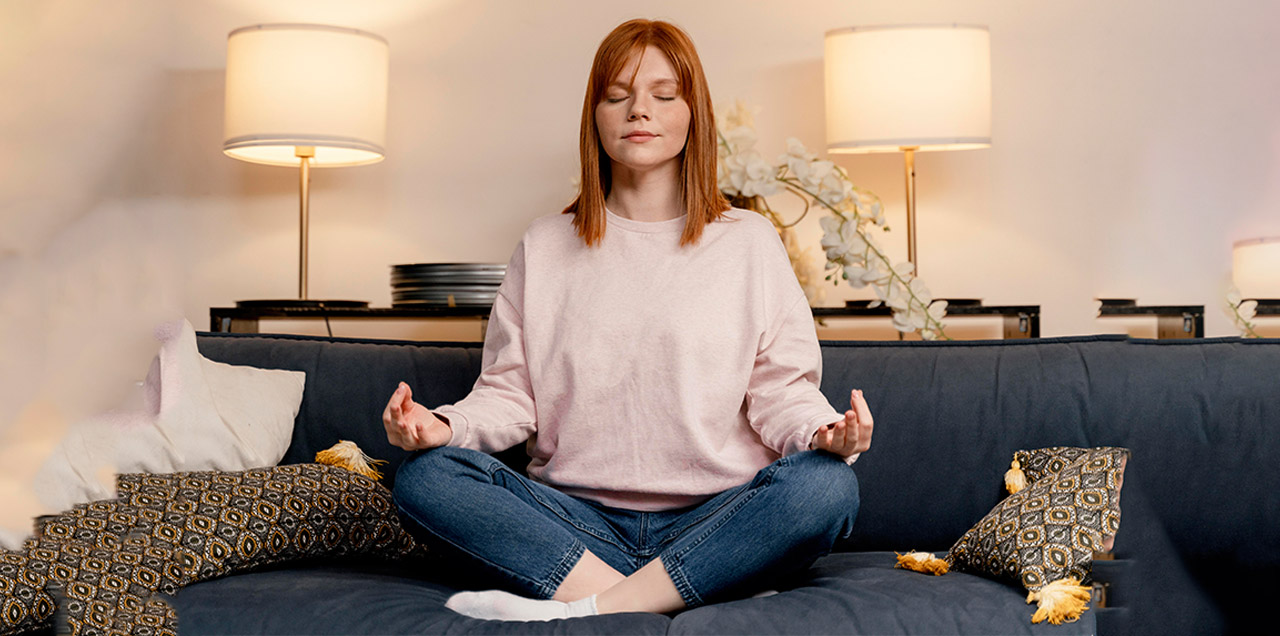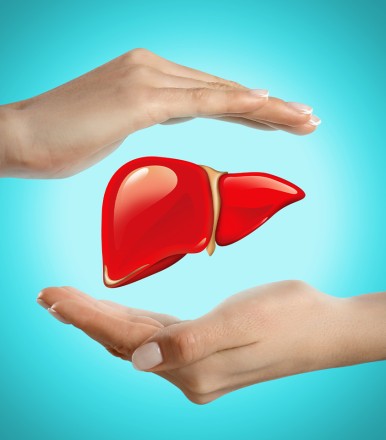In our fast-paced and demanding world, stress has become an inevitable part of our daily lives. Whether it stems from work pressures, personal challenges, or societal expectations, managing stress is crucial for maintaining overall well-being. The ability to navigate and mitigate stress not only enhances mental and emotional health but also contributes to improved physical vitality. In this context, understanding stress and adopting effective management techniques is paramount. This article delves into the intricate nature of stress. It sets the stage for exploring techniques that empower individuals to cultivate resilience and find balance in the face of life's myriad challenges.
One thing is crystal clear in today’s time, it's essential to manage stress consciously and mindfully. It's as important as drinking water. However, for many of us, resolving mental conflicts takes a backseat, as we don't readily accept that we may be going through some psychological changes. But we here at HFM are always the flag bearers, if the caravan is walking on the health trail.
So here we have got some specialists on board and very finely weaved their expertise and advice on the common triggers of stress and some stress management techniques.
Feel free to talk to your therapist/doctor.
What exactly is stress? If I feel stressed, does that mean I am mentally weak?
Doctor…….
Absolutely not. It doesn’t work that way. Stress is a natural human response to a perceived threat or demand. It is a feeling of emotional or physical tension. It can be caused by a variety of factors. When you face a stressor, your body releases hormones like cortisol and adrenaline. These hormones prepare your body to react to the threat by increasing your heart rate, blood pressure, and respiration. And it can happen to anyone at any time.
It is a natural response of our body to anything that looks like danger. We stress out primarily for two reasons: we perceive a situation as dangerous, difficult, or painful, and we don’t believe we have the resources to cope with it. We can ease the response but getting stressed is inevitable.
I really don’t get why I got stressed and depressed. Nothing of ‘that’ sort happened in my life.
Doctor…..
Understand one thing. ‘THAT’ has no definition. A lot of things can be a trigger for stress. There is no one-size-fits-all; each life story is different; but we can certainly point out a few triggers that are known stressors to a majority. Stress can usually trigger in any situation when a person doesn’t have much or any control over the outcome of that situation. Some of the common triggers are;
Work: Work-related stress can be caused by several factors, such as long hours, heavy workloads, deadlines, and difficult colleagues.
Money: Financial problems are a major source of stress for many people. This can be due to job loss, debt, or unexpected expenses.
Relationships: Problems in personal relationships, such as conflict with our partners, family members, or friends, can also lead to stress.
Health: Chronic illness or injury can be a major stressor. This is especially true if the condition is life-threatening or disabling.
Life changes: Major life changes, such as moving, getting married, having a baby, or losing a loved one, can also trigger stress.
Environmental factors: Exposure to noise, pollution, or other environmental hazards can also be stressful.
Personality: Some people are simply more prone to stress than others. This may be due to genetics, personality type, or early life experiences.
Apart from these, students might get stressed out with studies, peer pressures, strict parenting, and their social media presence. In contrast, adults might be triggered by a lack of validation, personal losses, workplace woes, etc. It can affect almost everybody during world crises such as natural disasters, disease outbreaks, war, community violence, etc.
There is no such paramount situation that triggers stress and anxiety. An ignorant situation to someone can be a major trigger to others. Don’t ever compare your situation to others.
Some people suggest I ignore all this and just get busy with life. Is it okay to do so?
Doctor…..
See, everybody has a different and self-activated defense mechanism to cope with stress. It depends a lot on the individuals as to how they respond to the stressful circumstances. In a good way, if one perceives stress as a challenge or something like a math problem, she or he can surely find means to unwind and relax oneself and face it. Someone may find relief in their kith and kin, or by spending time alone and clearing the mind.
But it is not that easy for everyone to just smile and move on. Sometimes, it may unfold in a physically hazardous manner. Individuals might also indulge in less beneficial activities such as excessive alcohol consumption or smoking or drugs. Withdrawal from social situations or taking it out on their friends and families are common unwanted outcomes of ignored stress. However, it is imperative to identify such patterns early in, to be able to accept and then deal with them effectively.
Sometimes, by ignoring the early symptoms of stress we unknowingly invite negativity in life. People suddenly adopt unhealthy habits as relievers of stress like overeating, smoking, drinking too much alcohol, drug use, procrastination, isolating themselves, negative self-talk, etc.
Can we prevent it in any way?
Doctor…..
As I already said, stress is inevitable, as the situations that lead to stress are mostly not in our control. But there are some activities and routines, if you follow them you can minimize the hazardous effects of stress.
And before you ask let me tell you some good stress relievers. If you get into any stressful phase in life, whether you get it clinically diagnosed or not, by practicing these activities your mental health will be back on track and you will have a conscious, active, healthy mind and a light and relaxed heart.
Exercise: Exercise is a great way to relieve stress and improve your overall health. It pumps up your endorphins. Physical activity may help bump up the production of your brain's feel-good neurotransmitters, called endorphins.
Relaxation techniques: Relaxation techniques, such as yoga, meditation, and deep breathing, can help to calm the mind and body. There are many different types of relaxation techniques, so find one that works best for you.
Spending time in nature: Spending time in nature has been shown to reduce stress and improve mood. Go for a walk in the park, hike in the woods, or simply sit outside and enjoy the fresh air.
Connecting with others: Spending time with loved ones can help to reduce stress and provide social support. Talk to a friend or family member, join a club or group, or volunteer in your community.
Creative activities: Engaging in creative activities such as painting, drawing, writing, or playing music can be a great way to relieve stress and express yourself.
Doctor……
As a practicing expert, there are a few techniques that are my personal favorite, and that I refer to my patients that always work;
Breathing Exercises (abdominal breathing)
Method:
Inhale - Hold - Exhale ( numbers in seconds)
3 - 3 - 3 x 3 times
4 - 4 - 4 x 4 times
5 - 5 - 5 x 5 times
Whole exercise 10 times a day at least so that when stressful situations come, your mind is conditioned to do it without thinking.
Apart from breathing, seeking social support is important. Make sure to socialize with friends and family whenever time permits. And most importantly, aim to sleep 7-8 hours each night and incorporate exercise at least 4 times a week.
Let's conclude here, always remember, to deal with stress, we have to embrace it, identify our triggers, accept our state of mind, and try to perceive stress as a challenge, a motivator, and an opportunity to boost our minds by focusing more on the possibilities rather than the misfortunes.
To sum it up, when life throws lemons at you, take it with a pinch of salt, make a lemonade, sit back, relax, and enjoy.
Check out Hello Fitness Magazine. There is never a wrong time to go on a fitness quest. Contact us and allow us to assist you in leading a better lifestyle. Follow us on Instagram. We share the best Health and fitness-related Articles for information based on healthy eating, health and fitness recommendations, health problems and their solutions, human body fitness, and much more.











-cr-386x440.jpg)


